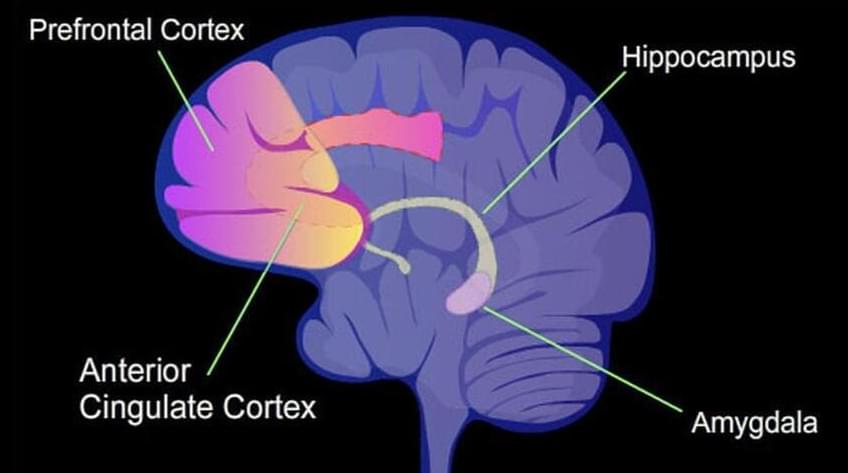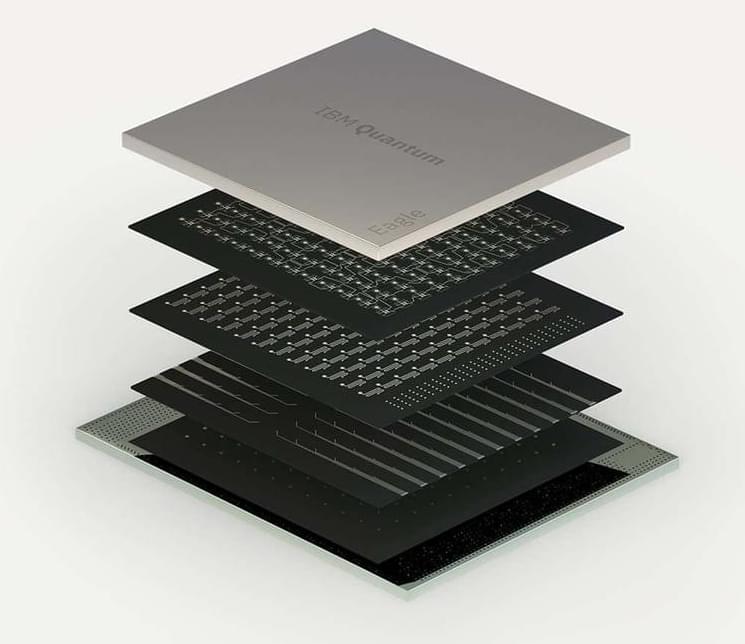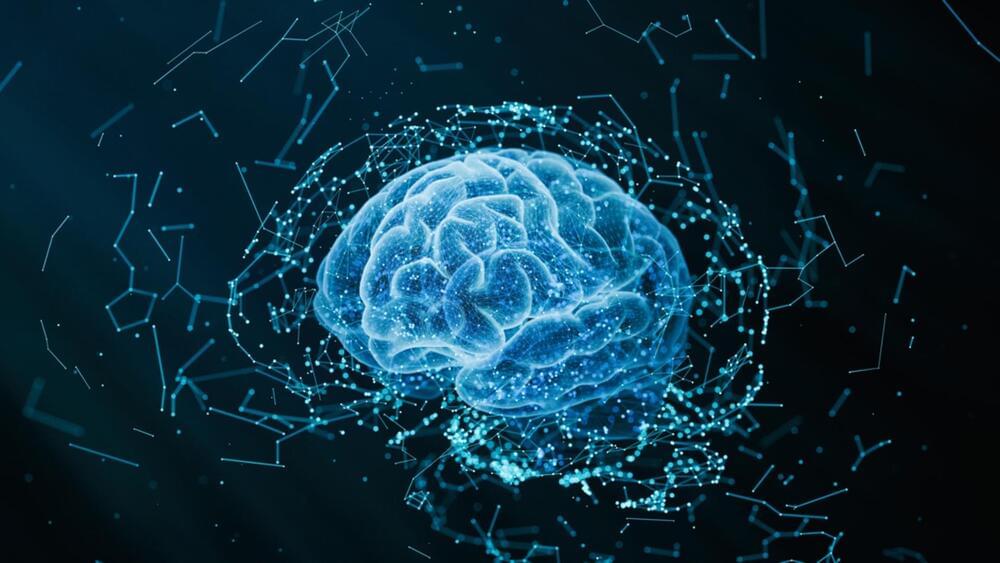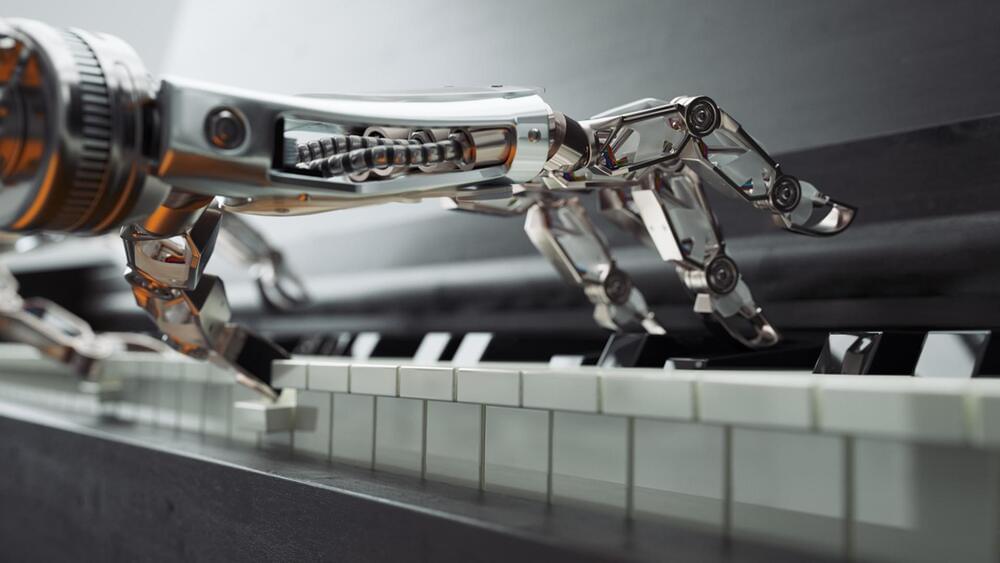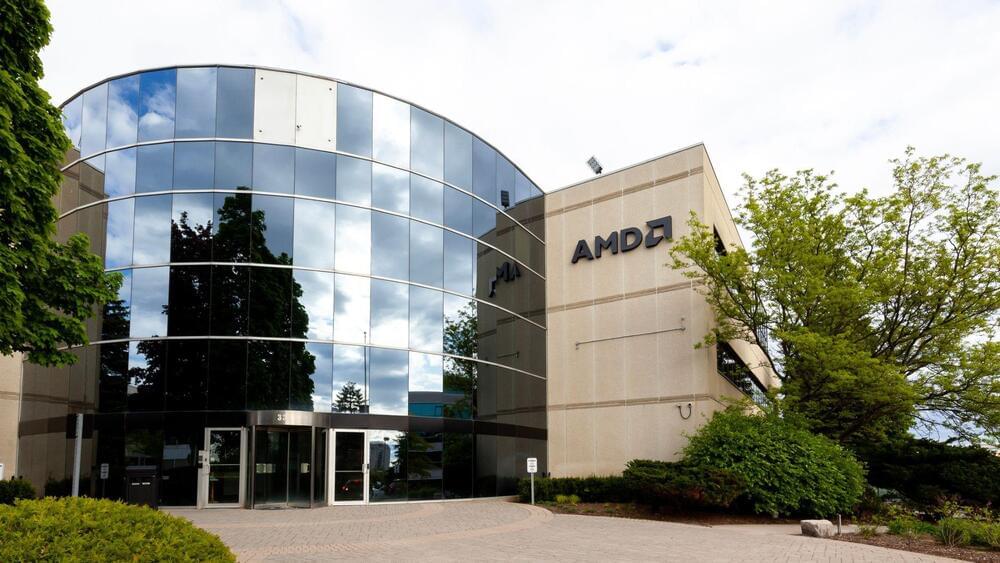As people get older, they tend to have lower levels of anxiety. But why? A new brain imaging study has found that older individuals are faster at recognizing and responding to negative emotions. The findings, published NeuroImage, go against the idea that older adults are less engaged with negative emotions due to cognitive decline or that they are better at regulating negative emotions. Instead, the results suggest that older adults may develop a more automatic way of processing negative emotions.
The study aimed to investigate the relationship between aging, trait anxiety, and changes in cognitive and affective functions. The researchers were motivated by previous findings that older adults tend to have lower susceptibility to anxiety disorders compared to younger and middle-aged adults. However, it was not clear how age-related changes in anxiety symptoms, such as worry and somatic symptoms, were related to changes in cognitive and affective processes.
“We are interested in emotion dysfunction in early dementia, including those people with subjective complaints of memory problem and mild cognitive impairment,” said study author Chiang-shan Ray Li, a professor of psychiatry and neuroscience at Yale University School of Medicine.
